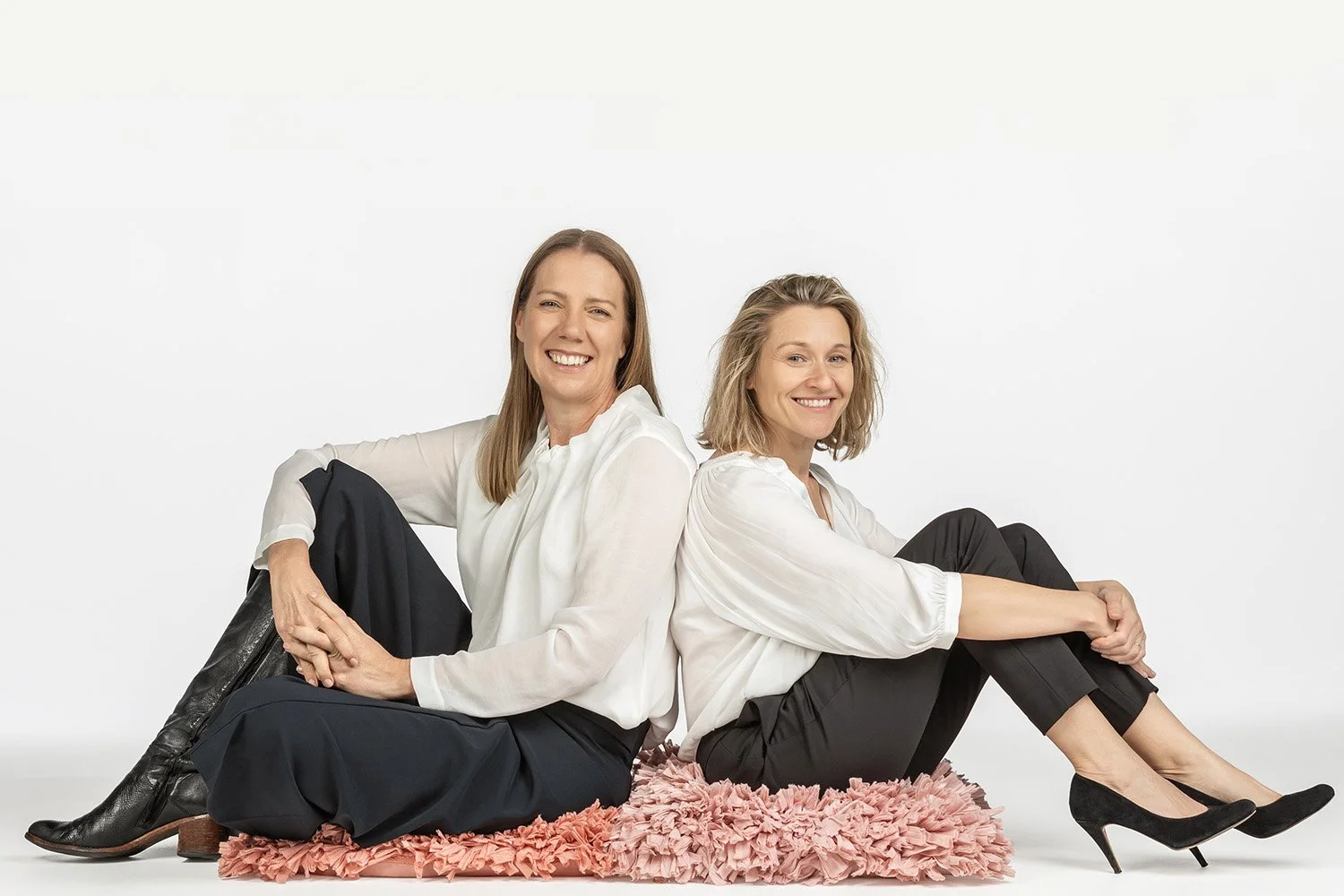
Introducing Noisy Guts
Our mission is to improve gut health
from Med-Tech to gut friendly foods backed by science and packed with flavour
Analysing Gut Noises
Noisy Guts is led by an experienced, dedicated and passionate team - Dr Josephine Muir, Dr Mary Webberley and our medical advisor Nobel Laureate Professor Barry Marshall.
Noisy Guts started as a research project at the University of Western Australia. Our original aim was development of a non-invasive and accurate diagnostic test for one of the world’s most common gut disorders - Irritable Bowel Syndrome. Our initial approach involved the analysis of bowel sounds. We moved on to analysis of digital markers - a cheaper and more accurate solution.
Creating Superflora
Whilst working at UWA, we learnt about the best strategies for managing IBS as well as the experiences of people living with IBS and other gut conditions.
We learnt that a low FODMAP diet can help reduce symptoms in people with IBS, IBD and endometriosis. We also know that fibre and probiotics can help support a healthy gut microbiome and improve gut health.
And yet low FODMAP, high fibre products are hard to find.
We created the Superflora range to provide convenient low FODMAP products with added fibre and probiotics. They taste great and nourish the gut without triggering symptoms.
Good gut health never tasted so good
Healthy food isn’t healthy if it never gets eaten
We made Superflora taste great so you’ll be happy to have it daily
Meet the team
Josephine Muir, PhD
Chief Executive Officer
Josephine is the co-founder of Noisy Guts, providing high-level strategy, leadership and advocacy for the growing business. Josephine has held senior executive roles in the not-for-profit sector. Prior to this, she provided high-level qualitative market research to help corporates, political parties and government clients make better decisions. Josephine completed a PhD at the University of Melbourne and a Research Fellowship at Princeton University. She has completed fodmap training by Monash University.
Mary Webberley, PhD
Chief Scientific Officer
Mary is the co-founder of Noisy Guts, leading the scientific elements of product development. She is responsible for the systematic reviews of the medical literature that drive ingredient choices and underpin the health claims for Superflora products. She enjoys communicating the latest research in blog posts. Mary has two biology degrees from the University of Cambridge and post-doctoral research experience. She has experience in clinical trial design and management. She was the winner of the 2018 CSIRO Breakout Female Scientist Award.
Professor Barry Marshall
Scientific Advisor
Barry with Prof Robin Warren showed that Helicobacter pylori is the main cause of stomach and duodenal ulcers. Their discovery, recognised by the Nobel Prize for Medicine or Physiology, led to more effective ulcer treatments and to uncovering the link between H. pylori and stomach cancer. He continues to undertake research. His strong industry connections have facilitated research translation. He invented and commercialised two gold standard diagnostic tests for H. pylori: the 14C Urea Breath Test (PYtest®), and the Rapid Urease Test (CLOtest®).
Here’s how we help you…
Science
We communicate the latest research through our blog and provide actionable guides such as our Good Gut Challenge and Best Ever Poop Plan.
Recipes
Develop and distribute gut-friendly recipes - every recipe has been developed by us and given the tick of approval by our families.
Products
Make Superflora gut-friendly shakes, boosts and hot drinks - full of clinically validated prebiotic fibre & probiotics.
Superflora is scientifically formulated and tastes great
Here’s what our Medical Advisor and Nobel Prize Winner, Prof Barry Marshall has to say about what make Superflora Shakes special.
We call Western Australia Home
We wish to acknowledge the Traditional Owners of the land on which we live and work, the Whadjuk Noongar people, and pay our respects to Elders past, present and emerging.
We value the special landscape, rivers, coastline and unique ecosystems of this part of the world and thank the Whadjuk Noongar people for their custodianship and acknowledge their strong and ongoing spiritual connection to Noongar Boodjar. We also recognise the contribution the Whadjuk Noongar people have made and continue to make to our local culture and community.



